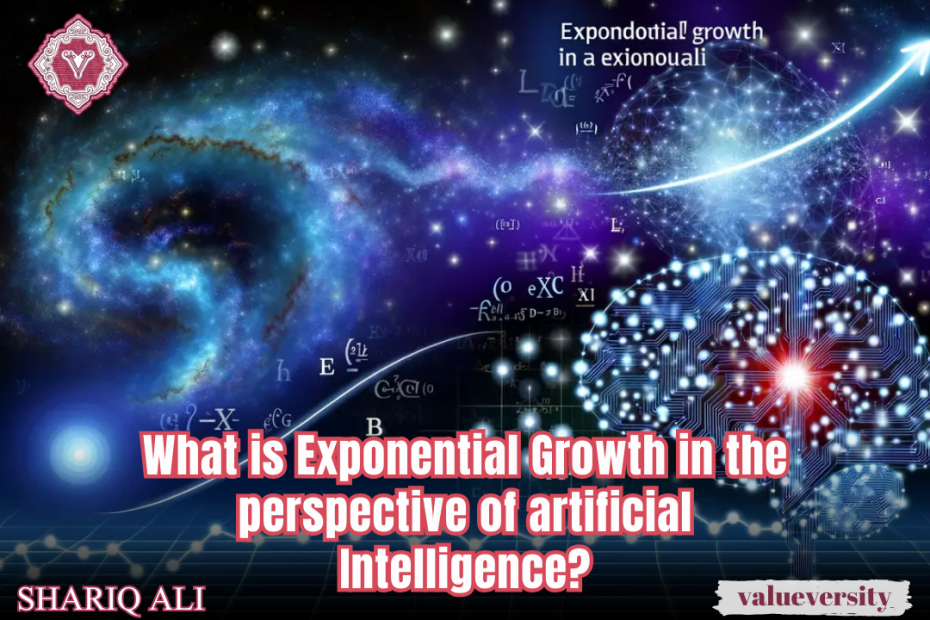What is exponential growth in the perspective of artificial intelligence?
Exponential growth refers to a pattern of growth where something keeps getting bigger and bigger at a faster and faster rate over time. It’s like a snowball rolling down a hill, getting larger and faster as it goes.
When we talk about exponential growth in artificial intelligence (AI), we’re referring to the idea that AI technology is improving rapidly and becoming more powerful at an incredible pace. This means that AI systems are getting smarter, learning faster, and becoming more capable over time.
To help you understand this, let’s imagine a computer program that can play chess. When it was first created, it might have been able to play at a beginner level and win against only a few people. But as more people worked on improving the program, it started getting better and better. Eventually, it became so good that it could beat almost anyone in the world.
Now, let’s say that the developers of this program didn’t stop there. They kept making improvements and updates to the program, and those improvements helped it learn and get even better. As a result, the program’s ability to play chess would start to grow exponentially. It would become so powerful that it could beat thousands of people simultaneously, and maybe even become the best chess player in the world.
This kind of exponential growth in AI is happening in many areas, not just in games like chess. AI is being used in self-driving cars, voice assistants like Siri and Alexa, medical diagnostics, and many other fields. As researchers and engineers discover new techniques and make advancements, AI systems become more capable and can do things that were once thought to be impossible.
It’s important to note that exponential growth in AI also brings both opportunities and challenges. It can help us solve complex problems and make our lives easier, but it also raises questions about ethics, privacy, and the impact on jobs. So, as AI continues to grow exponentially, it’s important for society to think about how we can use this technology responsibly and for the benefit of everyone.
